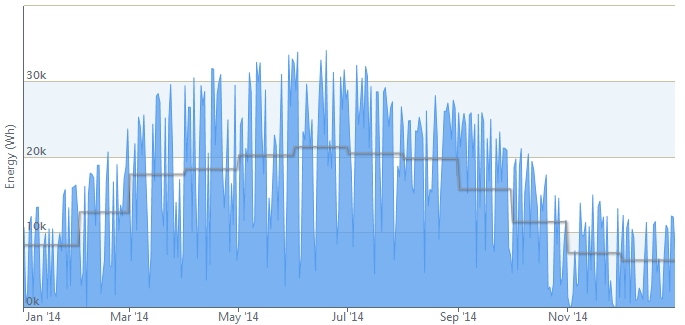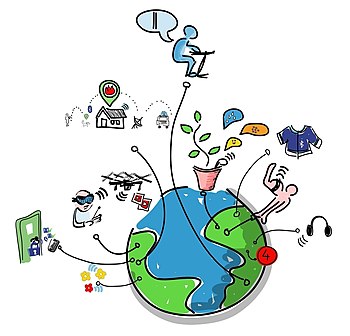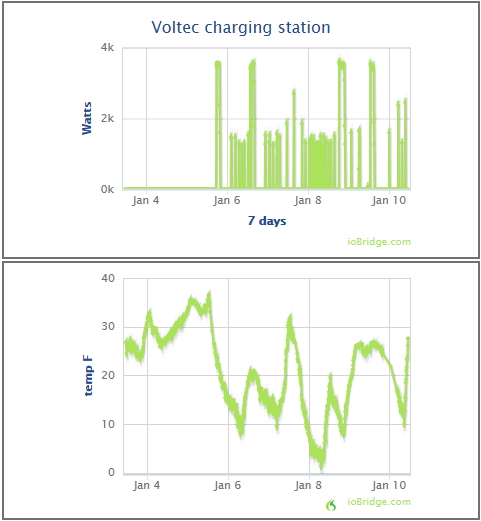Several years ago I read Kim Stanley Robinson's science in the Capital trilogy that focus on abrupt climate change set in the present day. Kim is one of Science Fiction's best authors and also one of my personal favorites. His books tend to be long and wordy and filled with relevant and apparently well researched science, while his characters remain engaging throughout. Beginning with "Fourty Signs of Rain", this trilogy left a profound impact on me and permanently changed the way I see the world. Since then I have studied climatology and climate change and have come to believe that what he has portrayed in these books is quite likely to occur this century.
If you enjoy reading fiction, or science fiction as a way to gain insights into our contemporary culture as I do, you will find these books a good read.
I recently read John Barnes book "Mother of Storms" which sets a much more dramatic scenario in some ways than Robinson's books. John is one of Science Fiction's "killer B's" that include other great authors such as Greg Benford, David Brin and Greg Bear - all favorites of mine. The abrupt climate change scenario in this book is based on cutting-edge science and proposes the idea that enormous methane releases from clathrates buried under the Arctic could trigger a jump in global temperature which in turn could create massive hurricanes on a scale never seen before. Given that this book was first published in July 1994 (I read a re-print from 2102), it reads as amazingly prescient even today given what we know about the methane trapped under the oceans in the Arctic. This is known as the methane gun hypothesis in climate studies and is an issue of grave concern to climate scientists as a potential trigger for extremely abrupt climate change. We are already beginning to see the impacts of increased ocean and air temperatures on moisture uptake into the atmosphere in the form of increasing numbers of severe rain and snowfall events.
Barnes's book follows several intriguing characters through the mayhem that ensues as a giant hurricane and its spawn devastates much of the planet. This is no made-for-TV style novel, but one grounded deeply in reality and science. The only thing I found uncomfortable was his penchant for portraying sexual deviance and torture, along with horrifying ways to die. This is no book for the faint of heart, and portrays a dystopian future humanity. Nonetheless it is a vivid and engaging read that puts the potential for abrupt climate change into a clear context of a near future human world scenario.
If you enjoy reading fiction, or science fiction and want to learn more about climate change, these books create an entertaining and yet factually based way of absorbing knowledge about this crisis that humanity will certainly be confronting in the foreseeable future.























